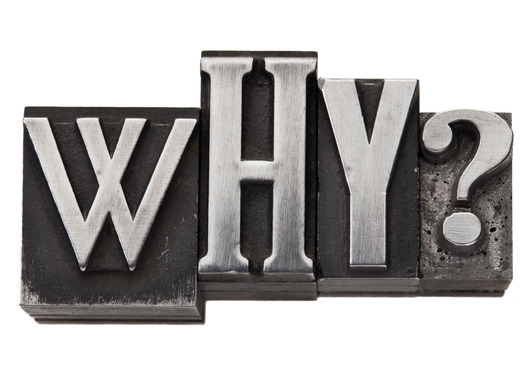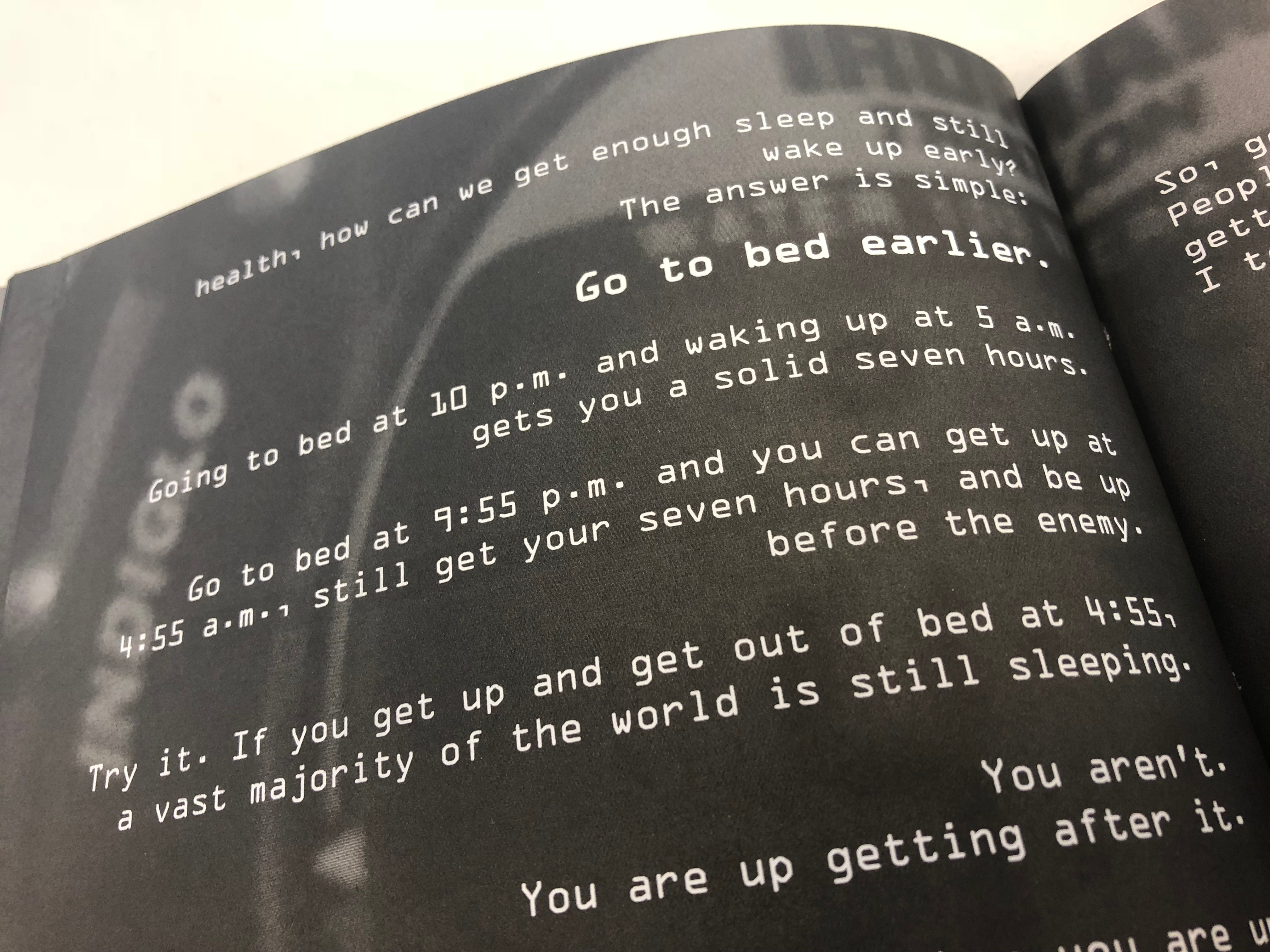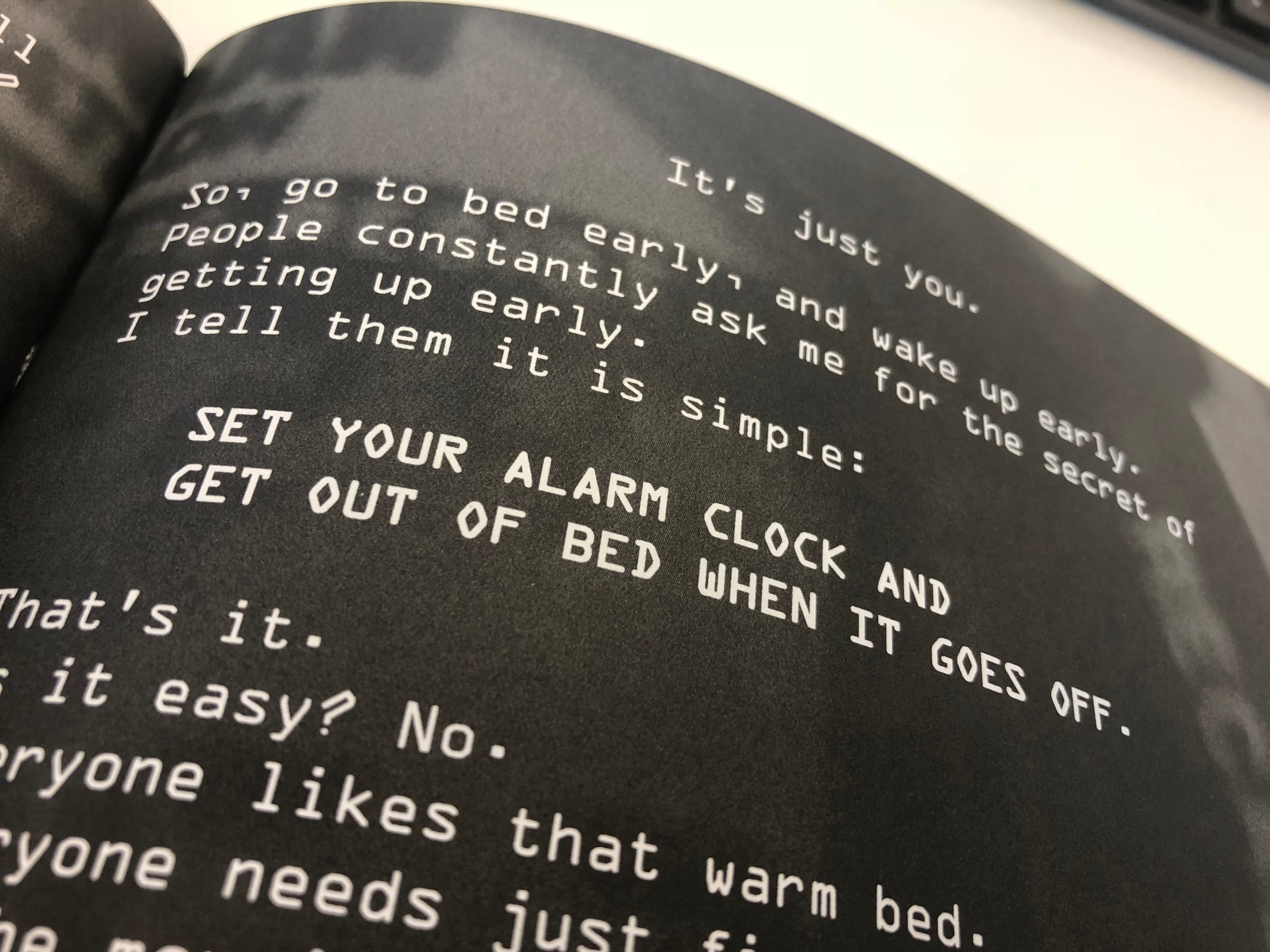In mid-2021, I was faced with a seemingly simple decision – take a guaranteed, “start-tomorrow” kind of job offer, or hold out for a potential, “not even sure if you’ll get a start” kind of job offer. A fork in the road if you will.
On the face of it, two attractive roles in different parts of a great organisation, on two very different but challenging projects. One had a longer tenure, the other was better paid; one had an immediate start, and the other wasn’t a guaranteed start at all. One was working with a big team I’d been a part of before, and the other was for a fantastic boss I’d worked with in the past but with a team I knew nothing about.
Pros and cons.
The issue was I didn’t know how to decide which direction to take. What was the lens or lenses through which I was assessing each option? Without a way to think about the two, how on earth could I decide? Bird and hand and bush and all that.
Enter, values.
Regularly posted around offices, seldom understood, and rarely operationalised.
I knew if I took on the challenge of writing out my values alone, I’d end up with the usual suspects of ‘Trust’, ‘Collaboration’, and ‘Respect’; the old Triple Threat. I also knew if someone then asked what I meant by ‘Trust’ for example, I’d struggle to explain what the word actually meant in my day-to-day life and how it applied to my work.
Try it. Imagine you’re explaining to a 4-year-old what trust means. I tried, and other than a dictionary-style definition, I couldn’t explain, even to myself, what it means to trust someone and how it would apply in a work sense.

To be clear, this isn’t to say trust, respect, and collaboration aren’t important, but I’d like to think that I and the people I surround myself with operate with these inherently, and they don’t need to be posted on the wall as reminders. I was looking for something more and if wasn’t the infamous Triple Threat, what was it to be?
I knew I needed help, and I knew I needed it fast.
So I turned to Robert Glazer. I’ve never actually met Robert, but have been a keen reader (and listener) of his work for years, and I found his online course invaluable in helping me discover my values, which also happened to provide an incredibly powerful decision-making tool along the way.
I won’t spoil the process other than to say if you carve out 1 to 2 solid hours on your own, and maybe 2 to 3 if you’re in a group, you’ll be certain to develop a group of phrases (yes phrases, not single words) that will help form the foundation for the way you, your team, or your entire business, want to operate.
The ones that popped out after my session were:
It could possibly be argued these are more behaviours than values. Perhaps instead of “What are my values?”, it could be ‘What do I value?” In reality, it’s likely to be part way between both.
Whatever these are called though, what can’t be argued is, for me at least, they have proven to be significantly more valuable than the usual suspects have ever been. By using an action phrase rather than just a single word they’ve become operationalised and can be used.
If these are truly the things I value, I can ask myself questions for each of the statements, and make decisions based on those answers. That way, regardless of how it turns out, I can always be comfortable with the decision itself.
Develop an Ecosystem of Ideas becomes: “Does the role provide an environment where ideation is encouraged?“
Look to the Horizon becomes: Does taking this role move you toward your long-term goals?
Be the Vanguard becomes: Does the project offer opportunities to do something for the first time?
Uncomplicate the Complicated becomes: Will the project be left foot / right foot / repeat, or are there 17 spinning plates that need creative ways to keep them from crashing?
Relentless Pursuit becomes: Are there things hard enough and important enough that if you just don’t give up, you can make a real difference?
Of course, I could have easily asked these questions before having worked through my value statements, but now I’ve determined these are important to me, there’s now more meaning in the answer.
So what happened about the fork in the road earlier? It was simple in the end. I did the exercise of assessing each path against the 5 value statements – one scored 1/5 (barely) and the other 4/5, so the decision made itself, and I’ve never looked back.
I wish I could say since 2021 every single career or business decision has been run through these 5 value statements, but that would be untrue – there’s been one.
….and it’s the only one I regret.
Churchill Infrastructure is an Australian-based Infrastructure Partner that offers over 23 years of experience bringing major road, rail, metro, tunnel, and oil & gas projects to life.
With expertise in all elements of the project life cycle, our team at Churchill Infrastructure thrives on the work others find too hard, and provide clients with experienced personnel who are ‘doers’; selected not only for their professional skills and experience but who repeatedly demonstrate attitudes and behaviours aligning with our values.
If you’d like the peace that comes with knowing your team is filled with people who walk towards, not away from hard work, who relish solving impossible problems, and who actively generate forward momentum, contact us now via our Contact Page.

















